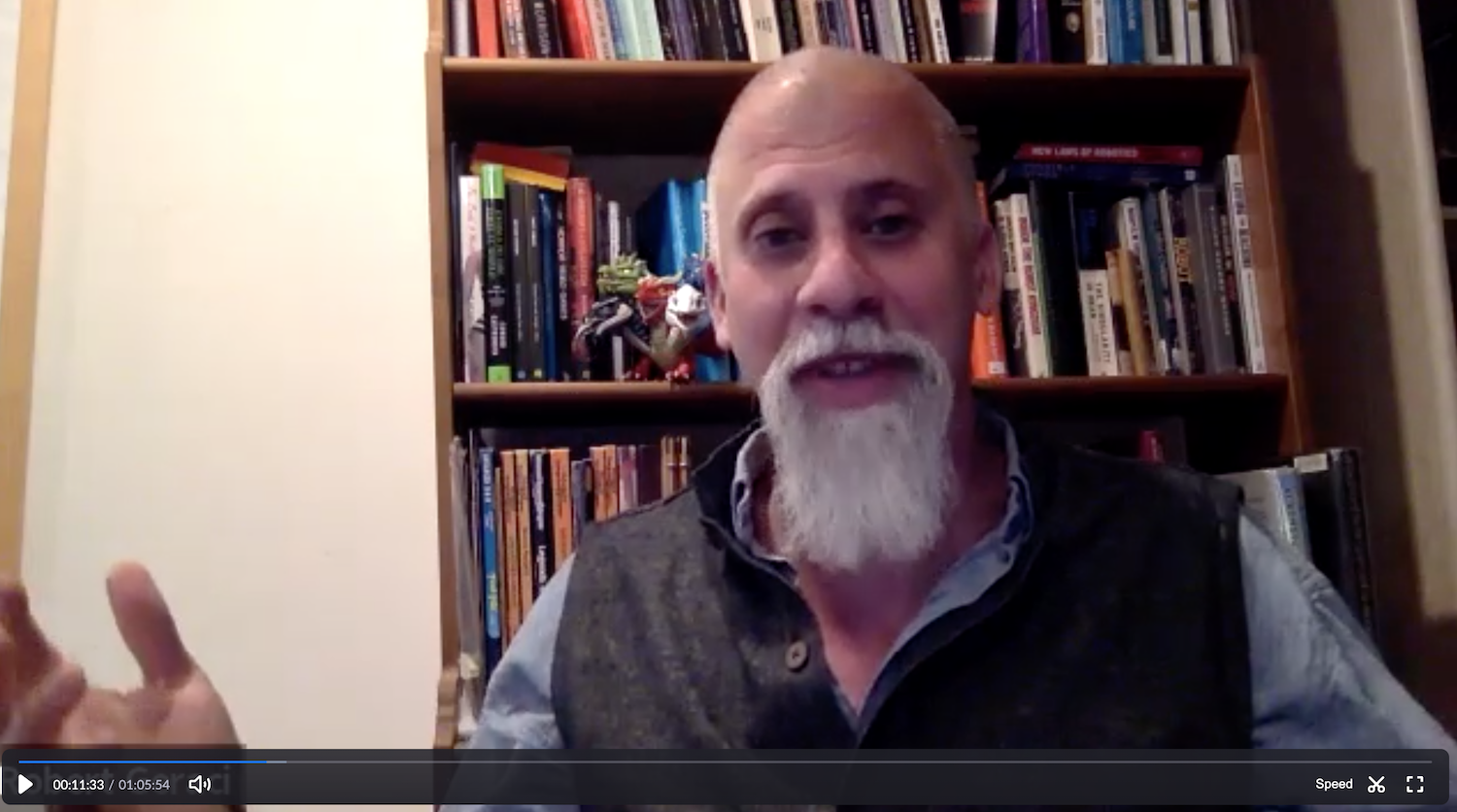Making Ayudha Puja a day that Unitarian Universalists set aside each year to reflect on how we relate to our machines, especially as they merge with us in the brain-computer interface, isn't going to happen overnight, but we can at least begin the conversation.
In Temples of Modernity, Robert Geraci provides an eye-opening look at how those in the Hindu faith community seamlessly bridge science and religion in this annual festival.
Just knowing that October 4 will be regarded by millions as an auspicious day on which to worship and revere the machines and tools that matter most in their lives makes me rethink my relationship to all of the modern-day devices that make my life immeasurably better than it would be had God, Nature or Ganesha not ingeniously engineered them.
Had my computer not somehow emerged out of the cosmos to support my capacity to write (another great invention), where would I be?
I'm grateful for plumbing. And electricity. And iPhones. More than grateful, I'm amazed and awed. To use Robert's term, I'm technologically enchanted, perpetually stunned to find myself, as a human, blessed by the ability not only to see, hear, taste, small and tough, but also to invent. And drive a car. And look up anything I want in Wikipedia.
What meaning lies in this? How am I to use these tools? How are any of us to use our tools in community together? Such questions point toward the epicenter of my Unitarian Universalist faith.
OUR CHANGING REALITY
Robert Geraci spent five months at the Indian Institute of Science, interviewing scientists and engineers about their religious beliefs. "‘Religion and science are totally separate here," they would tell me. Then they told me about Auydha Puja.”
Through our machines, we learn that our world is malleable, subject to change spawned by human creativity and invention, wrote Joseph Weizenbaum in Computer Power and Human Reason. Through our machines, we can pass on to future generations the knowledge and skills of previous generations. Our tools are pedagogical instruments. They become the stuff out of which we fashion our imaginative reconstruction of the world.
"Every thinker," John Dewey wrote, "puts some apparently stable portion of the world into peril and no one can predict what will emerge in its place." So too does everyone who invents a new tool or finds a new use for an old one.
Consider hunters when they suddenly acquired spears and how that must have changed their relationship to their world. Large animals they previously feared would raid their feed stores and attacked their children suddenly became our prey, a source of sustenance.
Or consider the impact through the ages of the clock, an autonomous machine that runs by itself based on an internalized model of some aspect of the real world. The regulation of our daily lives was no longer based exclusively on the sun's rays position over a certain rock or the crowing of a cock but on the state of an autonomously behaving model of a phenomenon of nature.
It changed our reality, Weizenbaum says. We no longer ate when we experienced the sensation of hunger but at appointed hours for breakfast, lunch, and dinner.
Consider now the power of our Apple watches and the determination of many who wear them to "close their circles," prove they’ve achieved their fitness goals for that day. They seek their watch's attaboys. They have a relationship with their devices.
So it is, Robert notes, “we give names to our cars and even to our Roombas.”
in Temples of Modernity, he sums up why we need to have conversations about our machines belong in our temples, churches, synagogs, and mosques:
"We, as a species, ought to sustain life on Earth, enrich human life with meaning and purpose, increase human knowledge, advance technology so that it can be used to ameliorate our lives, and produce equitable collaboration for people of every nation, culture, race, ethnicity, sex, gender identity, sexual orientation, and religion...
"Somewhere and somehow, we must find a way to agree upon the values that shall form the basis of our technologies and use them to promote human well-being.

